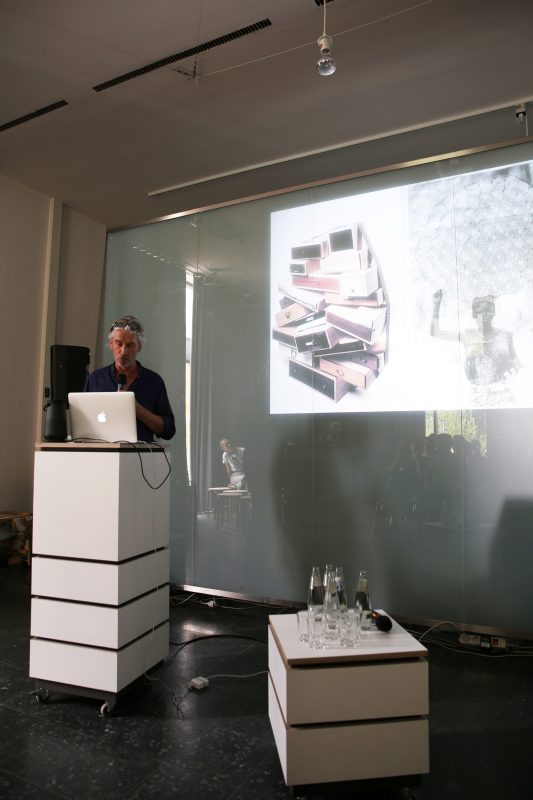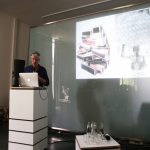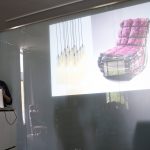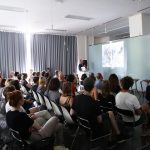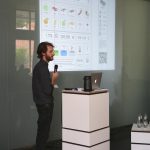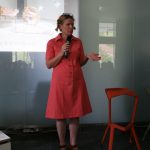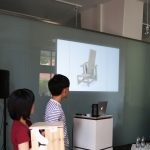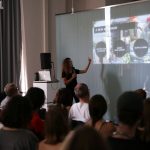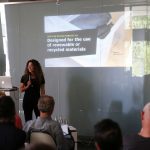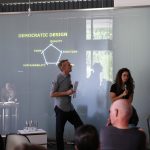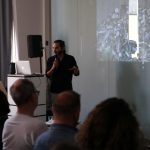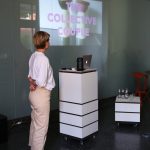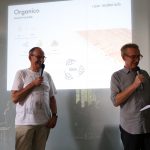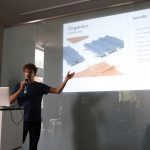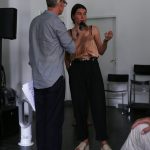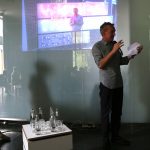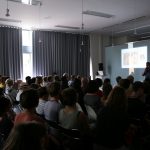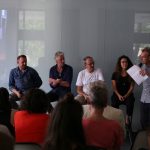In 1990 The United Nations announced a list of millennium goals for 2015. Some of them were achieved, but a number of issues have yet to be addressed with even more force in order to prepare our society for a better future with a stronger social and sustainable climate. Among them the big five: energy, food, water, waste and well-being.
When it comes to designing the future systems we live in and the products we live with, the word sustainable comes to mind. But it also seems to be one of the most abused words, ‘Greenwashing’ products consisting of recycled, green or biological materials. There is much more to sustainability, and there are many questions to ask: What is the global or local impact and carbon footprint of objects we produce? Do we need more stuff? Should our economy change? What can new technology do for a sustainable future? Can we design sustainably at all? Sustainability has many faces, and for designers it is sometimes hard to see the forest for the trees, and to know what makes sense and what does not.
This Summer Semester, the POWER HOUSE Project will end the ‘Rundgang’ with a symposium about the sense and nonsense of sustainability. Experts and designers are invited; UdK students and graduates will present their projects as short intermezzos.
Symposium: Sunday, 22. July, 15:00–18:00
designtransfer, UdK Berlin, Einsteinufer 43, 10587 Berlin
Speakers:
Tejo Remy With his first work – Chest of Drawers, Ragchair and Milkbottle lamp – he created ‘his own world with what he encountered’, as Robinson Crusoë created his own paradise on his island. These first Droog Designs were internationally recognized when terms such as cradle to cradle and sustainable design still had to find their way. Tejo Remy will speak about these earlier works, and how he relates to sustainability today.
Tjeerd Veenhoven Works on new products made with new materials. His research involves textiles made from algae with H&M, flip-flops made from palm-leather and a quest for new values for tulip pigments. The dutch designer, researcher and materials developer aims to make a Proof of Principle into Sustainable Business. Tjeerd Veenhoven will speak about some facts and figures and his work as sustainable materials researcher.
Ed van Hinte Wrote: Products that Last, product design for circular business models. Is a design critic and independent thinker. As a protagonist of sustainable future strategies he is involved in research into the lightness and dematerialization of products. Ed van Hinte will explore how design can reduce our material and energy consumption, and how products can retain their value in the future.
Melissa Ciardullo Is Circular Design Leader at IKEA Sweden. As Product Manager she is specialized in circular design with 10 years of global, commercial experience across Asia, Europe and North America in sustainability and circular innovation. Melissa Ciardullo will speak about the challenges and opportunities that a global company like IKEA faces when moving towards a more sustainable future.
Moderator
Lucas Verweij is engaged in all sorts of design activities. He writes, speaks and teaches about it; and is interested in social and product design, design thinking and design art. He is an initiator and moderator of many projects and workshops in the field. He has published columns for Dezeen, written a book (The Designfactor with Haystack Press) as well as essays on the topic. Lucas Verweij lives in Berlin.
with 3 minute Intermezzos by Students and recent Graduates
Louis Bindernagel, Power House student
Project: Water Scales
Takuya Koyama, Kohei Kimura, Miuuki Tanaka
MA VK, Kunst & Medien Graduate, BA Product KHW
Project: Modular 2.0, film
Bastian Thürich, Power House student
Project: Salt – a light that runs on a ›good‹ battery
Sophie Stanitzek, Power House student
Project: Collective Couple, film
Phillip Hainke, BA student Product Design
Project: Organico
Luisa Rubisch & Rasa Weber
MA Design Graduates & Creative Protoyping
Project: Urban Terrazzo, film
More Information: Projektgruppe Design and Social Context
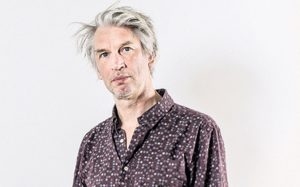
Tejo Remy
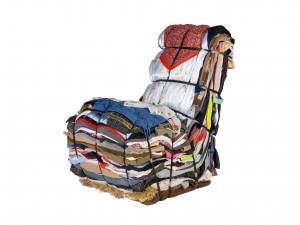
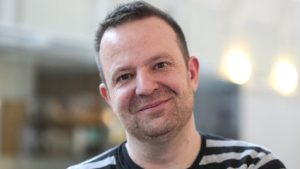
Tjeerd Veenhoven
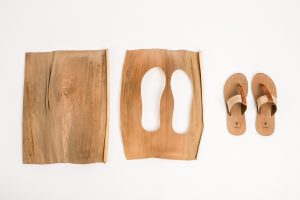
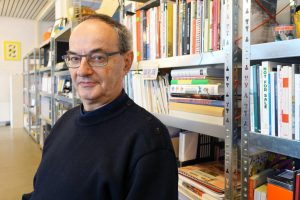
Ed van Hinte
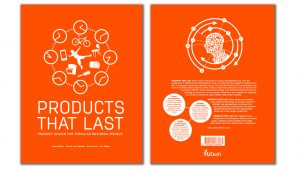
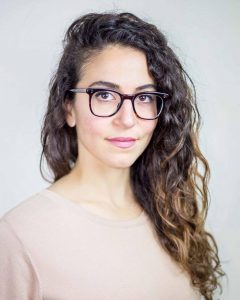
Melissa Ciardullo
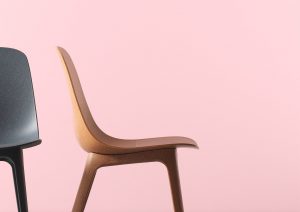
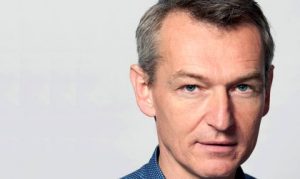
Lucas Verweij

